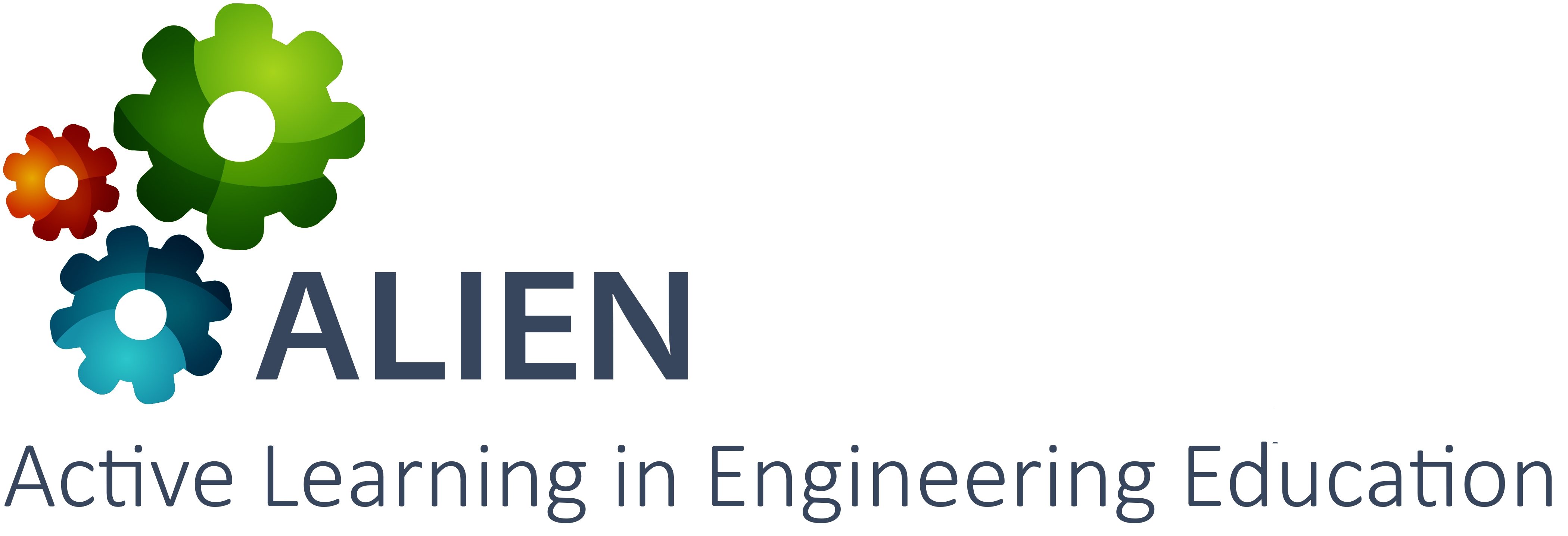Course overview
This course aims to provide an overview on big data and the latest trends on big data analysis. It introduces students to technologies for handling big data. It further exposes students to the Hadoop® platform and its components. And it builds practical skills on applying big data tool for advanced analytics disciplines such as predictive analytics, data mining, text analytics, and statistical analysis.
Participants in piloting
This is a 2nd and 3rd semester elective the M.Sc. Engineering Programs of the Department of Electronics and Computer Engineering, Pulchowk Campus, IOE, Tribhuvan University. 6 students were enrolled in the course in the 2020 – 2021 academic year.
Use of ALIEN services and tools
Students were divided into groups of 3 individuals. Each group was assigned a mini-project, the focus on which was the development of a simple application based on big data tools and could be used for solving a real world problem. For example, students developed a mini-project on collecting logs from a system in a real-time, identifying fraud, and generating notifications using tools from big data ecosystems.
Each group collected and reviewed material on the web and campus intranet. They conducted meetings and had interactions with experts. They further collected necessary data and documents from experts or the internet. They explored existing solutions from the web and proposed a big data-based solution. Groups presented their work and received feedback by the instructor and the expert. Finally, students developed a prototype on their design and demonstrated it to the class. The activity took place in the ALIEN problem-based learning laboratory. Students used the classic laboratory equipment, namely workstations for conducting research and projectors for displaying their work. Students used built-in software required for projections, Microsoft® Powerpoint for developing presentation, the Hadoop® platform and ecosystem, AWS, and other tools from big data ecosystems. In terms of educational material, students used datasets related to the domain of their mini-project, data science and big data analytics content available on the internet, and related books from the university library.
Similarly to the previous courses, at the beginning of the semester students used the laboratory workstations for conducting research and built experience through tutorials and articles. Subsequently, the installed on the workstations the necessary software packages for designing a solution on their mini-project and focused on software development. Students delivered 2 presentations. The 1st focused on their design idea, while the 2nd on the final outcome of their work. The presentations were used as the basis for student evaluation.


